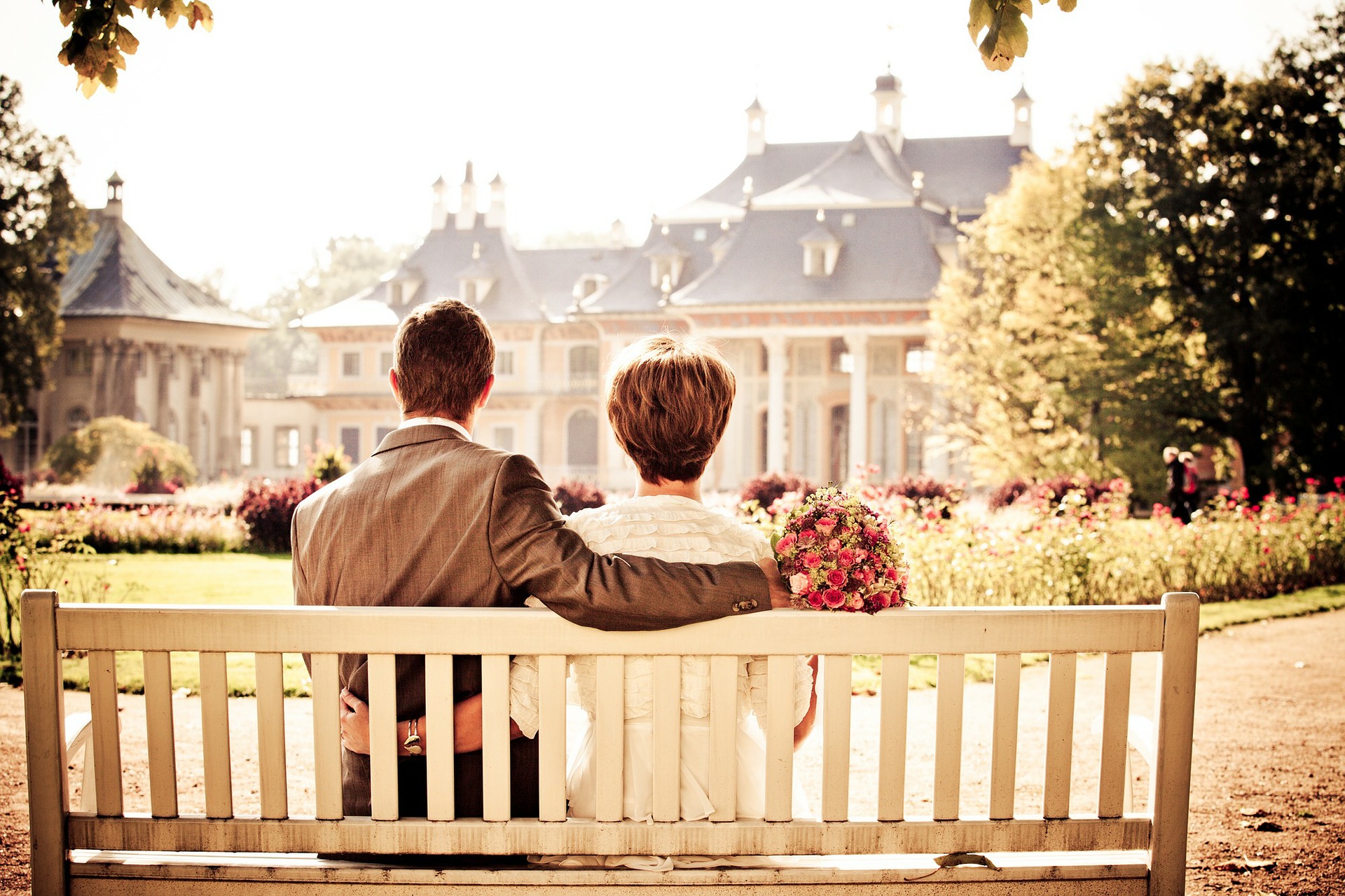When you strip away all of the pageantry and all of the traditions which are not specifically required by law, the present form taken by a wedding is simply a short exchange of vows between two people who have decided that they want to spend the rest of their lives together. But if you ask a hundred people what marriage, and weddings, mean to them, there will be broad mentions given to the other parts of the process – the little quirks which in and of themselves are not essential, but play a major part in the story.
Think for example of the old saying “something old, something new, something borrowed and something blue”. This has formed part of the superstition around a wedding day for some time, and requires the bride to have with her one item from each category. These items will usually be worn, and often one of them (though generally not the “blue” one or the borrowed) will be the ring. Think also of the throwing of the bouquet, which when caught is said to denote who will be the next female in the congregation to get married.
For the groom, the traditions are less prominent. Indeed, on the male side it is usually the best man who follows tradition, by making a speech (which, theoretically, should embarrass his friend the groom) and by leading the dancing with the head bridesmaid. None of these things is strictly necessary and yet we feel, perhaps despite ourselves, that a wedding is not quite right without them.
